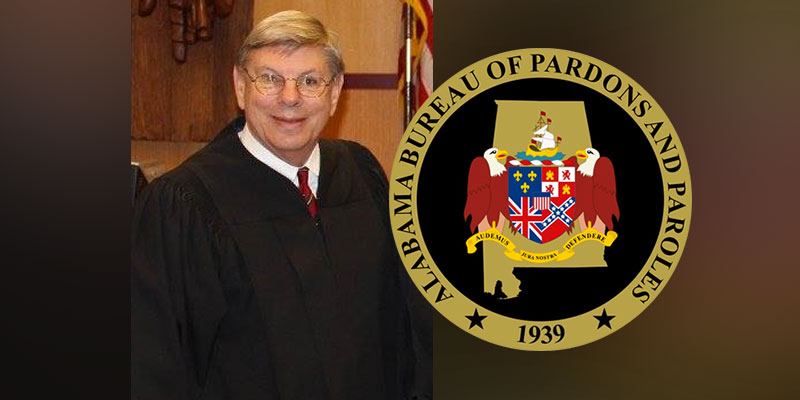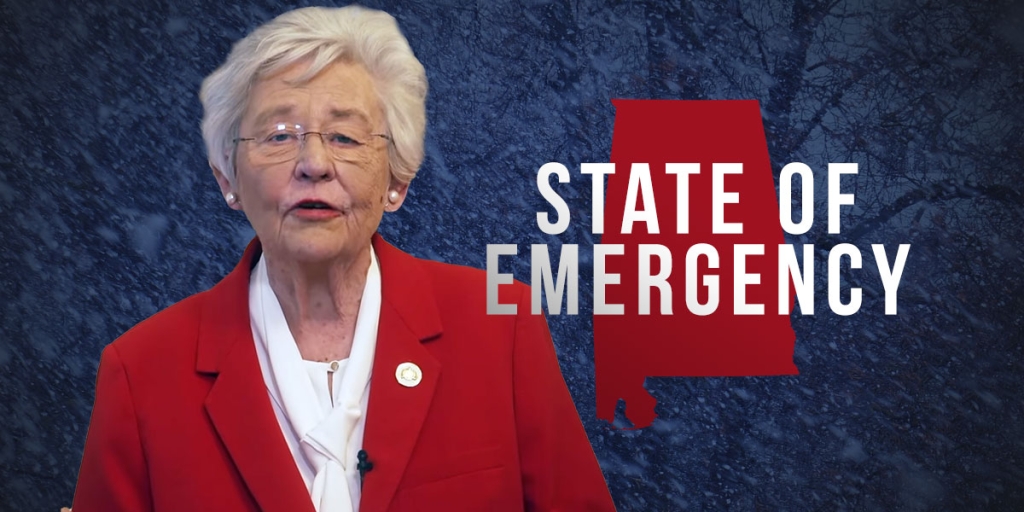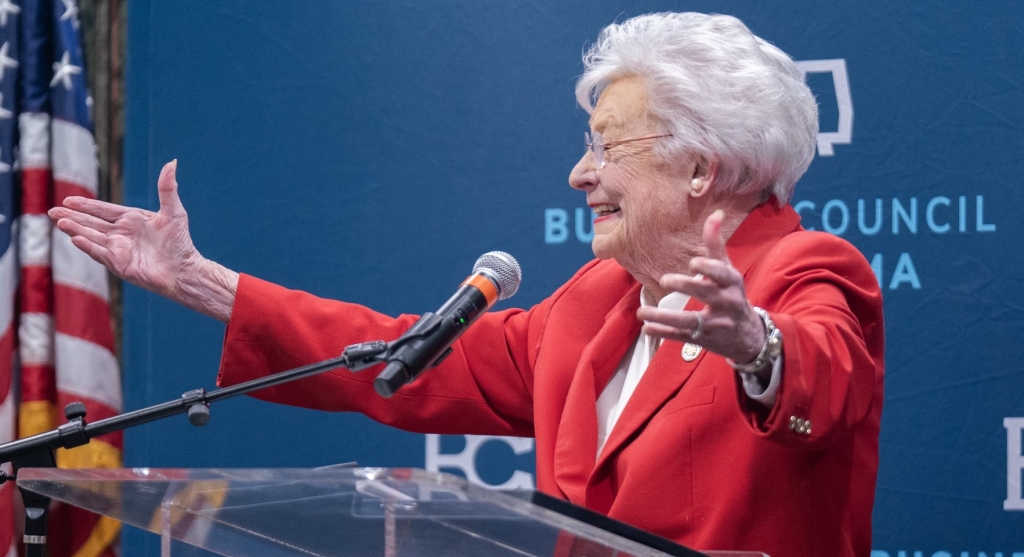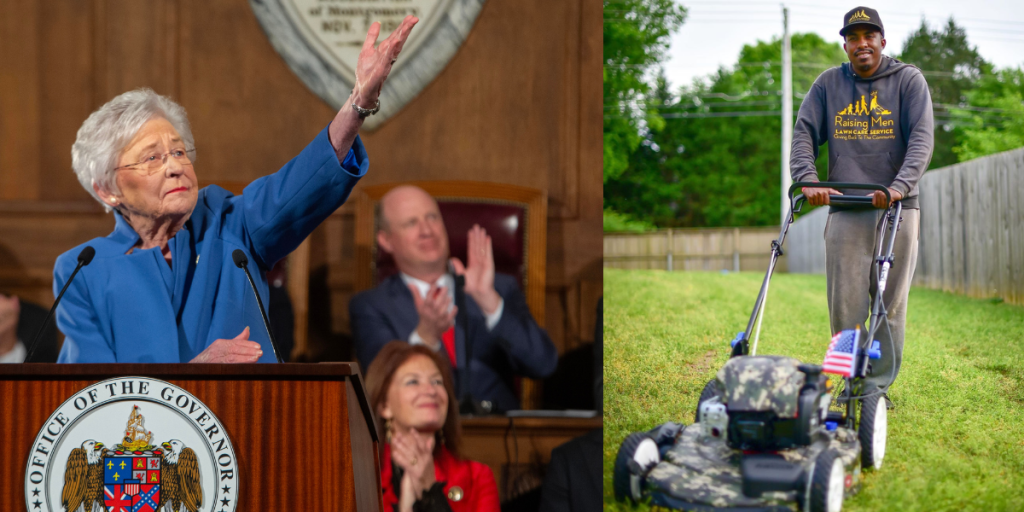In a letter to Governor Kay Ivey on Monday, Judge Charlie Graddick announced his resignation as director of the Alabama Bureau of Pardons and Paroles, effective November 30.
A spokesperson for Pardons and Paroles said Graddick’s letter would serve as his public comment on the matter. The Bureau oversees operations for the three-member Board of Pardons and Paroles, as well as a large staff — including probation officers.
Graddick in his letter outlined that since his appointment effective September 1, 2019, Pardons and Paroles has accomplished “dramatic changes and transformations.”
He took over at a time of turmoil for Pardons and Paroles, when the previous “badly broken” board and its leadership had faced widespread public scrutiny, which culminated in systemic reform by the legislature and a subsequent turnover at the board’s helm.
This came after reports in 2018 indicated that the board was releasing dangerous felons back onto the street long before their sentences were up. Alabama Attorney General Steve Marshall was a key leader in pushing for the much-needed reform; State Rep. Connie Rowe (R-Jasper) and State Sen. Cam Ward (R-Alabaster) led the effort in the legislature’s respective chambers.
Graddick has faced criticism from prisoner advocates and some Democratic state legislators during his tenure leading the Bureau; while critics argue that Graddick has punitively cut down on the amount of paroles granted, he has outlined that these decisions are made by the three Board members, not himself or the Bureau staff.
“The Alabama Board of Pardons and Paroles’ decision-making regarding whether to grant or deny paroles is as a detached, independent objective group, akin to a judicial body. The director has absolutely no role in the Board’s deliberations or rulings, and at no time influences or interferes with their voting functions The Board uses the law, the rules, their experience and common sense and evaluates each case on its own merit,” Graddick has previously advised.
Before his appointment last year, Graddick most recently served the city of Mobile as senior judicial advisor and director of courts, where he was responsible for a significant restructure and reform of the city’s justice system.
He served as the 42nd attorney general of Alabama from 1979-1987. During Graddick’s two terms as attorney general, he established the first statewide Victim’s Assistance Office. He also served as chairman of the Southern Association of Attorneys General and has served as circuit judge in Mobile County.
In his Monday letter, he backed the work done under his watch at Pardons and Paroles.
“I am filled with gratitude and appreciation for the faithful professionalism, integrity and hard work for our leadership team and understanding staff of dedicated public servants, despite historically difficult circumstances,” Graddick wrote. “I know that making difficult changes comes with a cost, especially in the environment in which we work.”
He added that compared to when he became director, the “Bureau is in much better condition today, with greatly improved morale and more productive work culture.” Graddick summarized that Pardons and Paroles is now on “firm footing” and that his appointment was never intended to be long-term.
Graddick earned his bachelor’s degree from the University of Alabama. Upon earning his law degree from Cumberland School of Law and being named most outstanding graduate, Graddick clerked for Alabama Supreme Court Justice Daniel T. McCall. He also served our nation in the Army Reserve and Alabama National Guard. After 23 years of service, he retired as Major, Judge Advocate General.
A longtime Democrat, Graddick won the party’s 1986 gubernatorial primary runoff against then-Lt. Governor Bill Baxley, only to be disqualified by the state Democratic Party. This led to Guy Hunt becoming the first Alabama Republican governor since Reconstruction. Graddick switched to the Republican Party in 2011, ahead of him losing to Roy Moore in the 2012 GOP primary for chief justice of the Alabama Supreme Court.
In a Monday statement, Governor Kay Ivey said, “Charlie Graddick has dedicated his entire life to public service, and he has answered the call numerous times throughout his long, illustrious career, going back to when he was elected Mobile County District Attorney at age 28.”
“When I asked Judge Graddick to take on the Herculean task of turning around the Alabama Bureau of Pardons and Paroles, Charlie told me he would give it his all,” she continued. “And without question, Judge Graddick has laid a solid foundation by focusing on rebuilding staff morale, improving field operations and upgrading the equipment and technology that our Pardons and Paroles employees need to more effectively and efficiently do their jobs.”
The governor’s task now is finding a new director for the Bureau.
“While more can and will be done to improve all aspects of the important mission of the Bureau, Judge Graddick has informed me that he feels Pardons and Paroles is in a good place to hand over these responsibilities to a new leadership team, one that will be able to continue to build on the progress that has been made over the past 14 months. Therefore, on behalf of a grateful state, I want to thank Judge Graddick for all he has done and commit we will immediately begin looking for a new director who will continue making Pardons and Paroles all that the people of Alabama would expect and demand,” the governor stated.
“Judge Graddick’s last day will be on November 30, although he has agreed to help ensure a smooth transition, once a new director has been named,” Ivey concluded.
Sean Ross is the editor of Yellowhammer News. You can follow him on Twitter @sean_yhn













